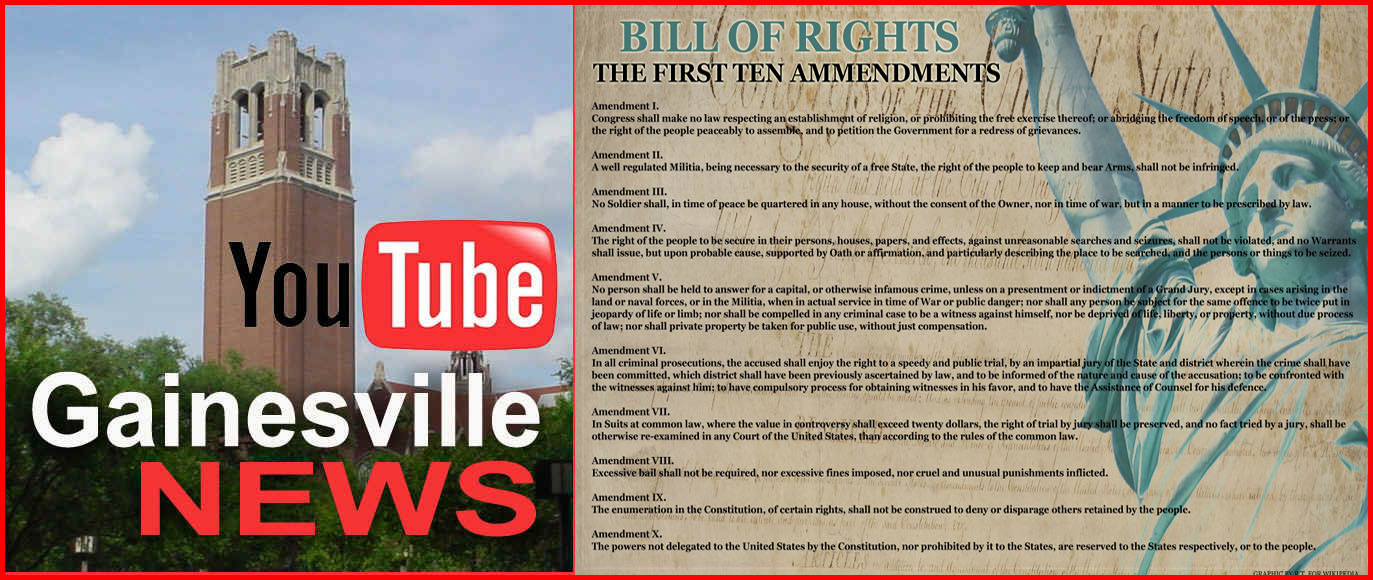Making Global Policy on Bad Science is Not Sustainable
This post is based on Alan Carlin’s paper of 3/16/2009 challenging a technical support document (TSD) published just one week prior to this one.
Comments on Draft Technical Support Document for Endangerment Analysis for Greenhouse Gas Emissions under the Clean Air Act - SOURCE : http://www.epa.gov/foia/docs/Endangerment_comments_v7b.pdf
By Alan Carlin - EPA Senior Operations Research Analyst challenges the TSD Draft of March 9, 2009
March 16, 2009
Current data on the GHG/CO2 hypothesis as to the cause of global warming, is currently an invalid hypothesis from a scientific viewpoint because it fails a number of critical comparisons with available observable data.
Any one of these failings should be enough to invalidate the hypothesis; the breadth of these failings leaves no other possible conclusion based on current data. As Richard Feynman has said failure to conform to real world data makes it necessary from a scientific viewpoint to revise the hypothesis or abandon it. Unfortunately this has not happened in the global warming debate, but needs to if an accurate finding concerning endangerment is to be made. The failings are listed below in decreasing order of importance:
1. Lack of observed upper tropospheric heating in the tropics.
2. Lack of observed constant humidity levels, a very important assumption of all the IPCC models, as CO2 levels have risen.
3. The most reliable sets of global temperature data we have, using satellite microwave sounding units, show no appreciable temperature increases during the critical period 1978-1997, just when the surface station data show a pronounced rise (see Section 2.4). Satellite data after 1998 is also inconsistent with the GHG/CO2/AGW hypothesis 2009.
4. The models used by the IPCC do not take into account or show the most important ocean oscillations which clearly do affect global temperatures, namely, the Pacific Decadal Oscillation, the Atlantic Multidecadal Oscillation, and the ENSO (Section 2.4). Leaving out any major potential causes for global warming from the analysis results in the likely misattribution of the effects of these oscillations to the GHGs/CO2 and hence is likely to overstate their importance as a cause for climate change.
5. The models and the IPCC ignored the possibility of indirect solar variability (Section 2.5), which if important would again be likely to have the effect of overstating the importance of GHGs/CO2.
6. The models and the IPCC ignored the possibility that there may be other significant natural effects on global temperatures that we do not yet understand (Section 2.4). This possibility invalidates their statements that one must assume anthropogenic sources in order to duplicate the temperature record. The 1998 spike in global temperatures is very difficult to explain in any other way (see Section 2.4).
7. Surface global temperature data may have been hopelessly corrupted by the urban heat island effect and other problems which may explain some portion of the warming that would otherwise be attributed to GHGs/CO2. In fact, the Draft TSD refers almost exclusively in Section 5 to surface rather than satellite data.
There is no such thing as permanent or settled science. Only continuing research can insure that important relationships are taken into account. Richard Feynman expressed this as follows:
"In general, we look for a new law by the following process. First, we guess it. Then we compute the consequences of the guess to see what would be implied if this law that we guessed is right. Then we compare the result of the computation to nature, with experiment or experience; compare it directly with observation to see if it works. If it disagrees with experiment it is wrong. It’s that simple statement that is the key to science. It does not make any difference how beautiful your guess is. It does not make any difference how smart you are, who made the guess, or what his name is---if it disagrees with the experiment (observation) it is wrong."
-- Feynman, Richard, 1965, The Character of Physical Law, MIT Press, Cambridge, Chap. 7, "Seeking New Laws."
Related: http://www.cbsnews.com/8301-503544_162-5117890-503544.html?tag=untagged
On the June 30 edition of "Fox and Friends," EPA Senior Operations Research Analyst Alan Carlin, told interviewer Steve Doocy that his 98-page study that questioned the science behind global warming and called for the EPA to stop depending on reports from the United Nations, was ignored by his supervisor who refused to forward the report on because Carlin’s “comments do not help the legal policy or case” for the EPA’s position on global warming.
Read more: http://newsbusters.org/blogs/sam-theodosopoulos/2009/06/30/meet-alan-carlin-epa-s-inconvenient-voice#ixzz0jwAeDMFf
Highlights of recent Criminal Fraud in Science and Technology:
- Diebold Voting Machines intentionally programmed to give erroneous results.
- Promotion of Creationism with insufficient scientific methodology and assault on Darwinism.
- EPA's Christie Todd Whitman deadly 9/11 decision at ground zero to declare air safe to breathe.
- Science Fraud at NIST: Shyam Sunder and John Gross failure to use available evidence and scientific method in 9/11 report.
- Global Warming and IPCC hypothesis that seriously fails to meet the minimums of scientific methodology.
_____________________________________________________
Feynman, The Great Explainer - The Chess Game
_____________________________________________________
The Myth of Global Warming Concensus
_____________________________________________________
Alan Carlin on Glenn Beck
_____________________________________________________


No comments:
Post a Comment